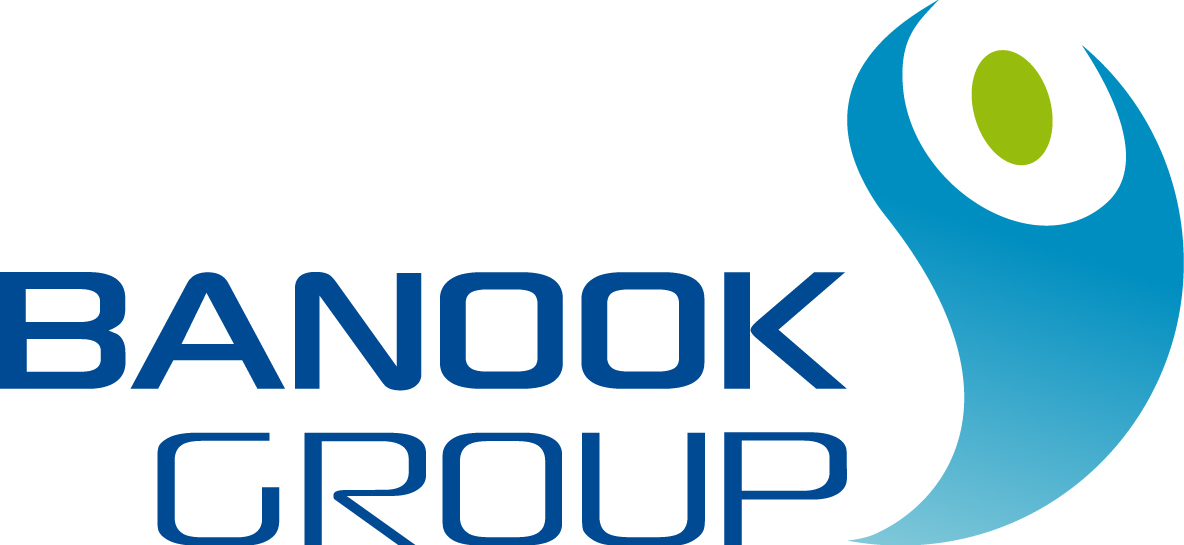Share this post:

Nancy, France, November 29, 2017 – Cardiabase, a Banook Group company, the global provider of cardiac safety, central imaging and endpoint adjudication services for clinical trials, today announces that it has been supporting the World Health Organization (WHO) in the fight against malaria with the full agreement of the promoters of the clinical studies concerned.
The company is able to provide the WHO with relevant and up-to-date information on the cardiotoxicity of antimalarial drugs when evaluating new malaria treatments in development. It can also provide crucial information for malaria management recommendations that the WHO publishes on a regular basis.
Malaria is an infectious disease caused by a parasite (Plasmodium) carried by mosquitos. In 2016 the WHO reported about 216 million cases worldwide. The African region accounts for most global cases of malaria, followed by South-East Asia and the Eastern Mediterranean region. According to the WHO’s Malaria Program, between 2010 and 2016, malaria incidence decreased by 18% and malaria mortality rates fell by 29%. In the same period, malaria mortality rates fell by 35% among children under 5.
Antimalarial drugs are vital for treatment, prevention, control and elimination. These drugs however are structurally related or derived from Quinoline, a compound that has long been associated with cardiovascular side effects. Therefore regular antimalarial cardiotoxicity evaluations are crucial for their continued safe use.
As a global cardiac safety provider, Cardiabase has been working since 2004 on reviewing antimalarial cardiotoxicity for a number of major pharmaceutical and non-profit organizations. The company was also part of the expert group at the Evidence Review Group (ERG) meeting in October 2016 that advised the WHO about antimalarial cardiotoxicity figures. In this investigation, 10 of the 12 studies presented were carried out by Cardiabase, besides the pooling, analysis and presentation of a subset of studies which offered central readings.
“Significant progress has been made against malaria over the past decades. We are proud to take part in this battle and to support the WHO and many other organizations in the eradication of one of the oldest infectious diseases known to mankind,” said Pascal Voiriot, chairman of the Banook Group. “Cardiabase is committed to becoming even more responsive to the needs of the developing world and to taking part in initiatives that can lead to better surveillance strategies as well as more efficient and effective treatment.”
Following the WHO ERG meeting, the Banook Group became more involved with partners working in tropical medicine. Amongst others, the Banook Group and The WorldWide Antimalarial Resistance Network (WWARN) have engaged in joint work to improve cardiac safety in clinical trials targeting malaria. The WWARN is a collaborative platform generating innovative resources and reliable evidence to keep the malaria community informed regarding factors affecting the efficacy of antimalarial medicines.
The Banook Group also increased its support to non-profit organizations participating in building the capabilities of new clinical sites in Africa.
The Banook Group has built strong partnerships to promote more accurate and efficient assessments during investigations to develop new molecules.
About malaria
Malaria is a life-threatening disease caused by parasites that are transmitted through the bites of infected female Anopheles mosquitoes. In 2016, 91 countries and areas had ongoing malaria transmission. Malaria is preventable and curable; increased efforts are dramatically reducing the malaria burden in many places. Between 2010 and 2016, global malaria incidence among populations at risk (the rate of new cases) fell by 18 per cent. In that same period, global malaria mortality rates among all age groups in populations at risk fell by 29 per cent and by 35 per cent among children under 5. The WHO African Region carries a disproportionately high share of the global malaria burden. In 2016, the region was home to 90 per cent of malaria cases and 92 per cent of malaria deaths.
About the Banook Group
The Banook Group is one of the few international providers capable of supplying cardiac safety, central imaging and endpoint adjudication services to pharmaceutical groups, biotech companies, medical device manufacturers, CROs and nonprofit organizations. Its mission is to help its clients develop the healthcare of tomorrow, using high quality, reliable and innovative solutions for all phases of clinical trials and ultimately to bring new solutions to market for the benefit of patients. Its medical and regulatory expertise, quality-driven approach and team availability make the Banook Group a key player for clinical trial services. Founded in 1999, the Banook Group is a non-listed family company. Financially solid and stable, the group operates on an international scale, maintaining offices at its headquarters in Nancy (France) and in Montreal (Quebec, Canada). To learn more about the subsidiaries of the Banook Group (CardiaBase, Banook Central Imaging and Banook Inc.), please visit our website: www.banookgroup.com
Acknowledgements: Mathieu Felices (Phinc – Massy; France) performed the PK/PD modeling on the pooled studies presented during the meeting.
To download documents, you can right-click on the links above and chose « Save link as… »




